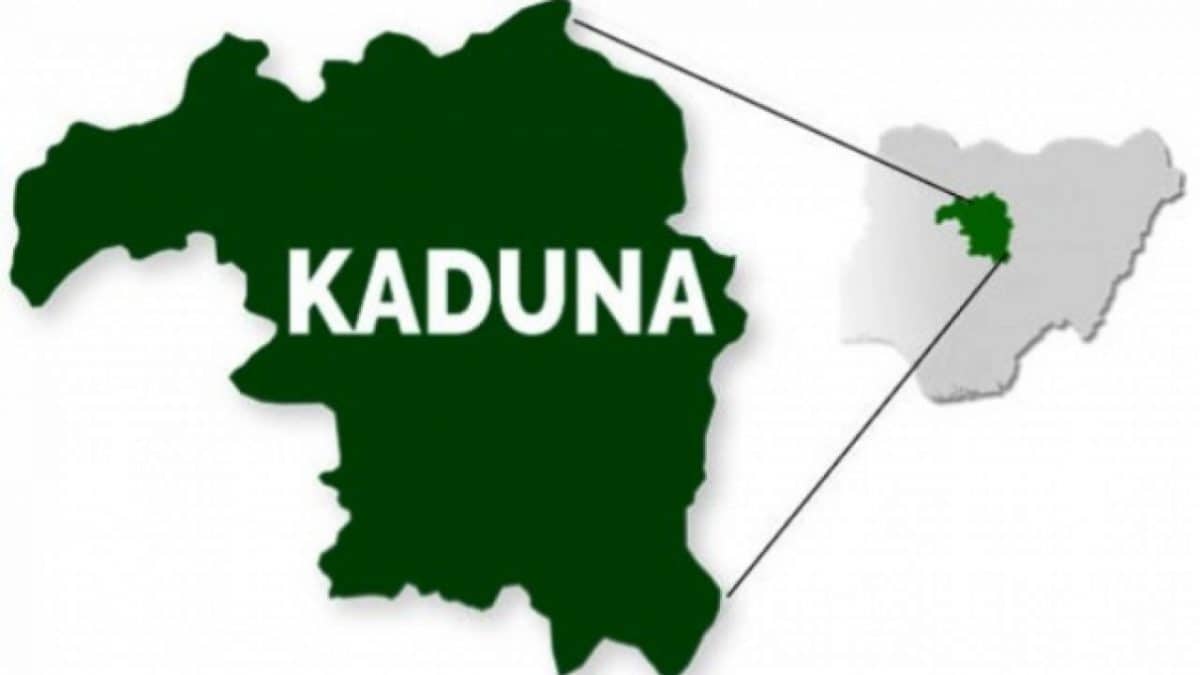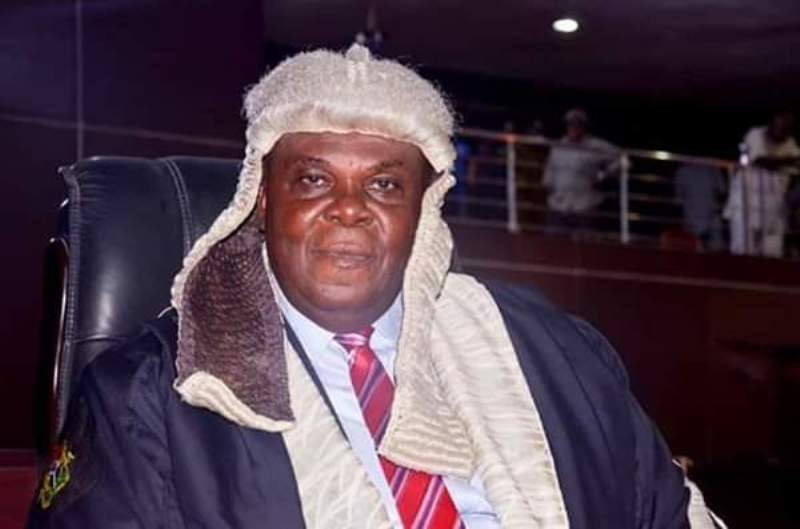The Kaduna State Government has spent N181.6 billion from January to September, representing 64 per cent budget performance of the N279.6 billion revised budget for 2022.
This is contained in the Third Quarter2022 Budget Performance Report produced by the Office of Accountant-General with support of the Planning and Budget Commission.
The report, obtained by the News Agency of Nigeria (NAN) in Kaduna on Tuesday shows that of the amount, N117.5 billion was spent on capital projects.
This represents 63.5 per cent of the N185.1 billion allocated for capital projects in the 2022 budget, leaving a variance of N67.6 billion.
Similarly, N64.3 billion was spent on recurrent expenditure, representing 67.8 per cent performance of the total N94.5 billion recurrent budget for the year, with a variance of N30.4 billion.
On revenue, the report shows that N188.4 billion was realised as revenue within the period, representing 67.3 per cent revenue performance for the year, leaving a variance of N91.3 billion.
Of the N188.4 billion revenues, N38.9 billion was Internally Generated Revenue (IGR) with N7.4 billion collected in first quarter, N16.7 billion in second quarter and N14.8 billion in third quarter.
The N38.9 billion IGR represents 55.2 per cent of the N70.5 billion IGR target for the year, leaving a variance of N31.6 billion.
The report blamed low IGR collection to non-full implementation of new law on Development Levies, and noncompletion of shops in most of the markets.
It added that there was equally a low collection of tuition fees in the state’s tertiary institutions due to a hike in fees and prolonged strike action by Academic Staff Union of Universities.
It also blamed the low performance on pending approvals for regularisation of several undocumented layouts, and high cost of land re-certification among other economic factors.
Also, a total of N64.2 billion was received as the government share of the Federation Allocation Account Committee, representing 77.1 per cent performance of the N83.2 billion targeted for the year.
A total of N42.6 billion was received as Capital Receipts, representing 51.1 per cent performance of the N83.6 billion target for the years.
The N42.6 billion was made up of N21.9 billion aids and grants, representing 44.7 per cent performance against the 49.1 billion target and N20.7 billion representing 60.3 per cent against the N34.3 billion target.
The report indicates that the low performance resulted from the global economic recession which has affected both external and domestic donor partner funded programmes.
A further analysis of the budget shows that the Ministry for Finance has the highest budget performance of N34.1 billion representing 94 per cent of the n36.3 billion allocated leaving a variance of N2.2 billion.
This was followed by the Ministry for Public Works and Infrastructure which spent N28.1 billion within the period, representing 86.8 per cent of the N32.5 billion total allocation to the sector.
It was followed by the health sector, where a total of N22 billion was spent out of the N38 billion allocated for the year representing 57.8 per cent performance leaving a variance of N16 billion.
Education sector trailed behind with 53.4 per cent performance after spending N35.4 billion of the N66.4 billion allocation, leaving a variance of N30.9 billion.
Commenting on the development, Mr Yusuf Goje, Coalition of Association for Leadership Peace Empowerment and Development (CALPED), observed that most of the revenue targets were lagging the 75 per cent benchmark at the third quarter.
Goje, the Head of Leadership, Governance and Advocacy of the organisation. pointed out that the poor revenue generation has affected both the capital and recurrent expenditure, which stood at 63.5 and 67.8 per cents respectively.
“This brought to the fore the issue of budget realism, which has remained an issue in Kaduna state where the annual budget is always above the recommendation of the Medium-Term Expenditure Framework.
“This is very unfortunate because we are not expecting a dramatic increase in spending in the 4th quarter because of the 2023 political activities that would distract the governance processes.
“This is a cause for concern because if we are not sure of generating the needed revenues to fully implement a N279.6 billion 2022 budget, how do we expect the 2023 budget of N370.3 billion will fare? he asked.
Describing revenues as a “critical component” of the budget circle, Goje advised the government to increase its taxpayers net and find creative ways to increase its revenue performance.
He explained that the government can leverage on the political campaigns and economic activities within this period to increase its revenue generation.






2 Comments